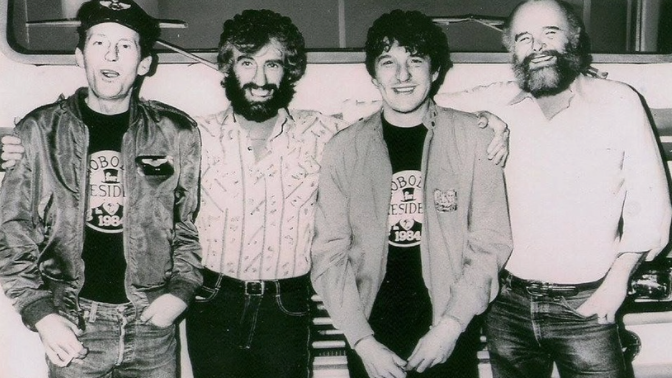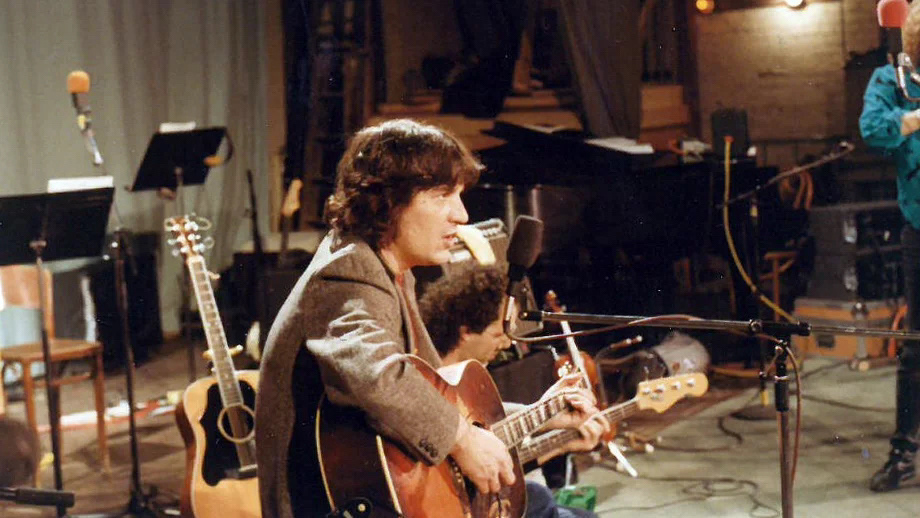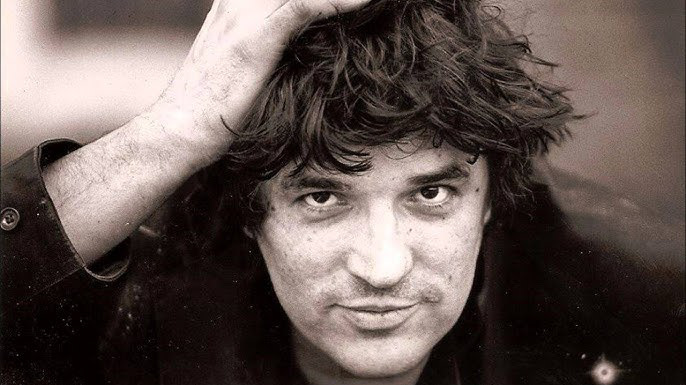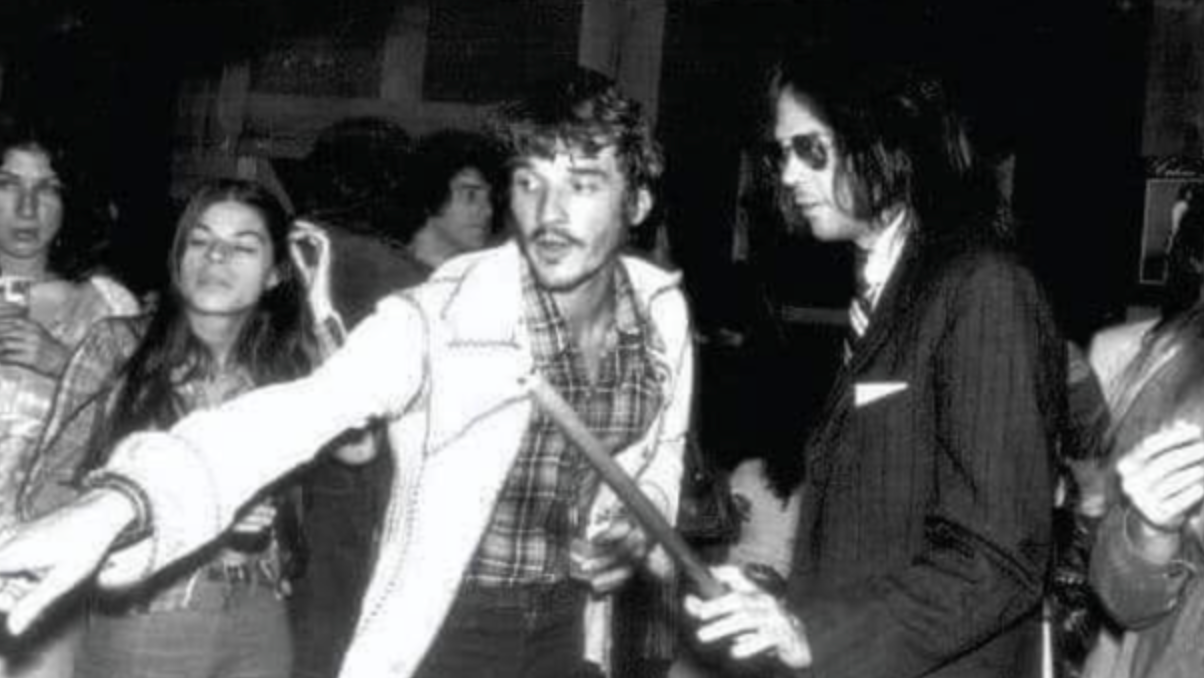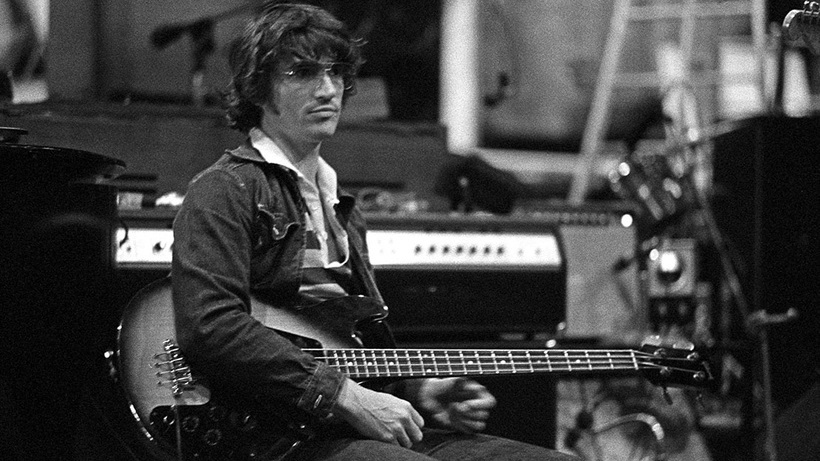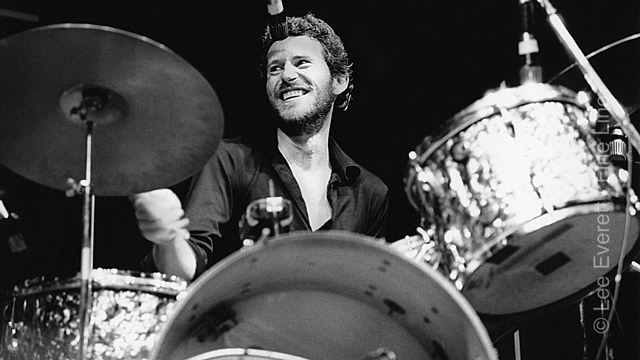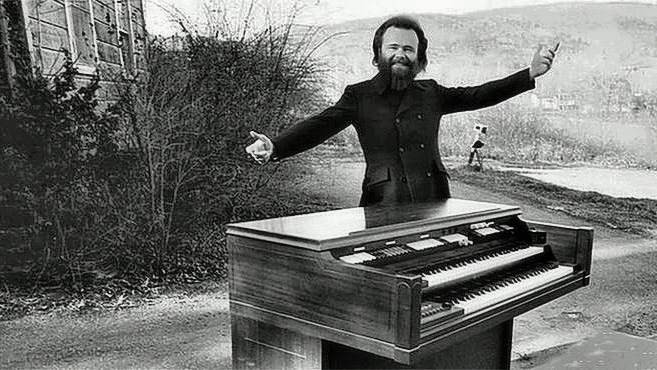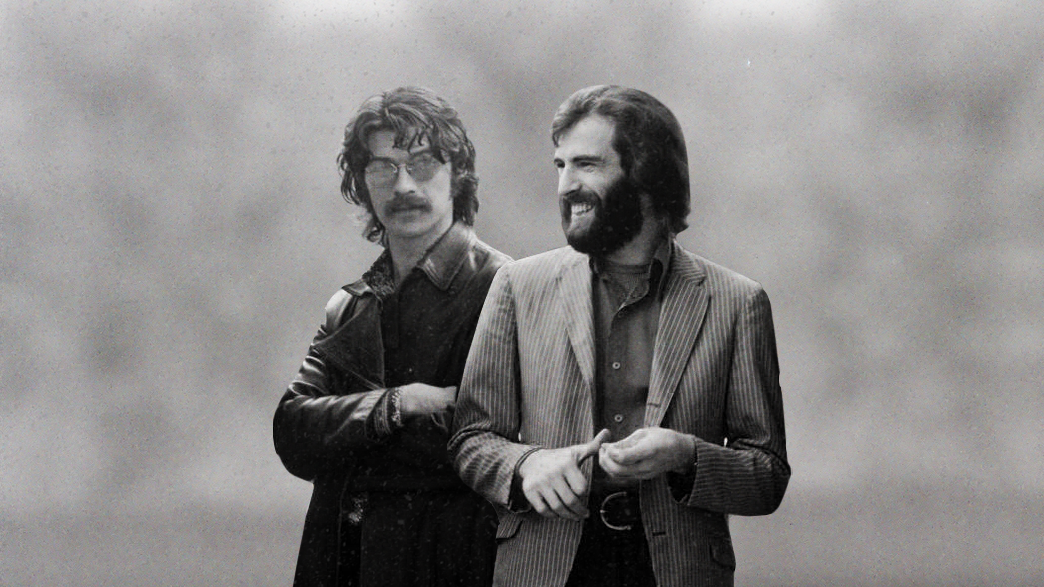Richard Manuel, The Santa Cruz Civic Auditorium, 1976
"Richard Manuel was a whole show unto himself. He was hot. He was about the best singer I'd ever heard..." - Levon Helm
If there is one thing Richard Manuel is known for it is his voice. Very few people are gifted the ability that Richard Manuel possessed and he used it in full display over his career. Manuel possessed a diverse octave range and the almost effortless ability to reach a deep baritone, a rich tenor and an angelic falsetto, sometimes all in one song.
And while his voice has been documented and debated as one of the finest of his era there is also much argument about his ability from the mid-1970s onward. Engrained in the fable of Richard Manuel is his "lost" voice. Further, his voice became weak, gruff and even brittle. This is paralleled with his descent into drug and alcohol abuse during the 1970s. Conveniently, all of these tales are wrapped up in the narrative that The Band fell into shambles and ended with The Last Waltz and that Richard Manuel washed away, a man who lost his gift, never to regain it.
This is categorically false. Richard never lost his voice. It’s more complex than that. There are various shades of truth in The Band’s lore and I am here to put the argument forward that Richard had a remarkably strong voice until the day he passed away in 1986. I am going to outline various performances from the mid-1970s to the mid-1980s that display his vocal prowess to distinguish the narrative that Manuel had wrecked his voice and to further this argument I will only be using live renditions to counter any chatter about studio intervention or any other potential irregularities.
Georgia On My Mind - 1976
Let's start in 1976 when the portrayal of Richard's lost voice begins. The Band completed their final run of shows in North America as they began to prepare for their final performance at The Last Waltz. One of their final outings was a performance on the famed Saturday Night Live that was filmed on October 30, 1976. Running through a list of staples, The Band settles down into Richard's stirring performance of "Georgia On My Mind" the Hoagy Carmichael and Stuart Gorrell tune that Ray Charles made famous in 1960.
With only his microphone in hand, Manuel sits on his piano bench as The Band and horn section plays quaintly behind him, Richard gives one of the defining performances of his career. The way he uses his rich tenor and effortlessly transitions into his powerful falsetto as he sings the chorus for the second time switching up what he had previously done and putting his full range on display is a masterclass is voice.
Creator and archivist Breanna McCann of The Richard Manuel Archive, summarizes the performance best,"It's one of the most masterful performances of really any time, both sweeping and incredibly intimate- in the timbre of his voice, Richard becomes the only person in the world and we are getting to peek in on this private moment where it’s just him, the music, and some memory or spirit he is pulling out of him. It almost feels like intruding on a private moment. The way he can go from the gentle croon into the swelling choruses, and the heights of the “ooh Georgias” with complete ease will always be jaw-droppingly impressive, and this performance is one of his greatest triumphs because of it. For these three minutes, Richard Manuel is on a complete other plane, and we get the profoundly affecting privilege of watching it."
Overall, Richard's melancholic performance is a further testament that his gift kept giving, that he wasn’t trying to hide anything. I truly believe this to be the first example to dispel any questions on whether or not Richard's voice was wretched by the time of The Last Waltz as his accomplished performance happens a mere month before the famed event.
The Band performing "Georgia On My Mind", Saturday Night Live, 1976
You Don't Know Me - 1983
In 1983, The Band reunited and set off on a North American tour dubbed "The Band Is Back" visiting large halls, theatres and festivals. For many, this was the first time people saw or heard Richard Manuel in nearly a decade. I'm sure there were many questions about The Band and what they would sound like. Richard put any naysayers at ease with his performances. Especially, his rendition of "You Don't Know Me" a song released originally in 1956 that Ray Charles made popular. The Band's version was recorded during their stop at Vancouver's Queen Elizabeth Theatre which also marked the end of the 1983 tour.
Manuel's performance is sublime. The arrangement is light and focuses heavily on Manuel's piano and vocals. His voice is steeped in sorrow and he tastefully whispers the lyrics. Paste Magazine later wrote on the performance, "Richard's voice to totally carry the performance, [it's] utterly compelling."
"You Don't Know Me" is a tricky song to sing, it ebbs and flows and Richard straddles it remarkably. The focus on Richard's voice almost indefinitely shows his confidence in his singing the number with ease. It should also be mentioned as the last performance on tour it's remarkable how strong his voice was after weeks of heavy use.
She Knows - 1986
Mere months before Richard Manuel took his own life, he gave one of the finest vocal performances of his career. Manuel and bandmate Rick Danko performed a small and intimate show at the Lone Star Cafe on January 19, 1986. Manuel gave the audience a rendition of "She Knows" a song co-written by James Griffin and Robb Royer of soft-rock group Bread fame. However, the performance in 1986 didn't rear its head in recorded form until the raw recording of Richard's voice and piano was later used on The Band's High On The Hog in 1996. The added arrangements by Garth Hudson further elevate the song.
More on Richard's voice. The clarity, power and measured nature of his performance are testaments to the fact his voice was a complete power unit until the day he died. It was one thing for Manuel to bark out performances on their classic songs like "The Shape I'm In" but the refined and subtle version of "She Knows" is a much better display of his prowess. Writer Nick DeRiso states it best when detailing Manuel's performance, "[She Knows] never had this kind of pathos before, and that ability to find a darker well of meaning was always Manuel’s most remarkable skill".
Now, there are many more examples of Richard’s vocal talent from the mid-1970s through the mid-1980s that could further my argument. Nonetheless, I feel I’ve compiled a compelling case against any doubts of his ability. I will add a few additional points, however.
First, it is true Richard Manuel’s voice did change to a degree. He aged and his voice matured. This isn’t unusual or strange, it happens to all singers. This did not hinder his voice, rather it added an extra layer. Second, he was a heavy smoker. We know that smoking is not only damaging to your health but especially your voice. There is no argument there. Again, I don’t think it had an overall negative effect on his voice or showed any signs of wreaking havoc on his ability. Third, a minor point but I thought I’d point it out, Richard has always used a warble in his performances. What I mean is he often places emotion over technical skill for the sake of the song. This is evident in the varied commentary on the piteousness he often brought to each performance.
Overall, I think of this Levon Helm quote when thinking about Richard and his unique talent, “Maybe the greatness we heard in [Richard Manuel]'s voice, that catch in it, came from all that pain. To this day, we don't really know. I encourage everyone to further explore the performances of Richard Manuel. I also advise doing your research, enjoying his varied catalogue and joining forces with myself and my peers in rejecting the narrative that Manuel somehow lost his voice. It’s a disrespect to his legacy and career he tirelessly gave his life to build.
If you are interested in more content on The Band, consider listening to The Band: A History wherever you stream your podcasts. Also consider contributing on Patreon.

